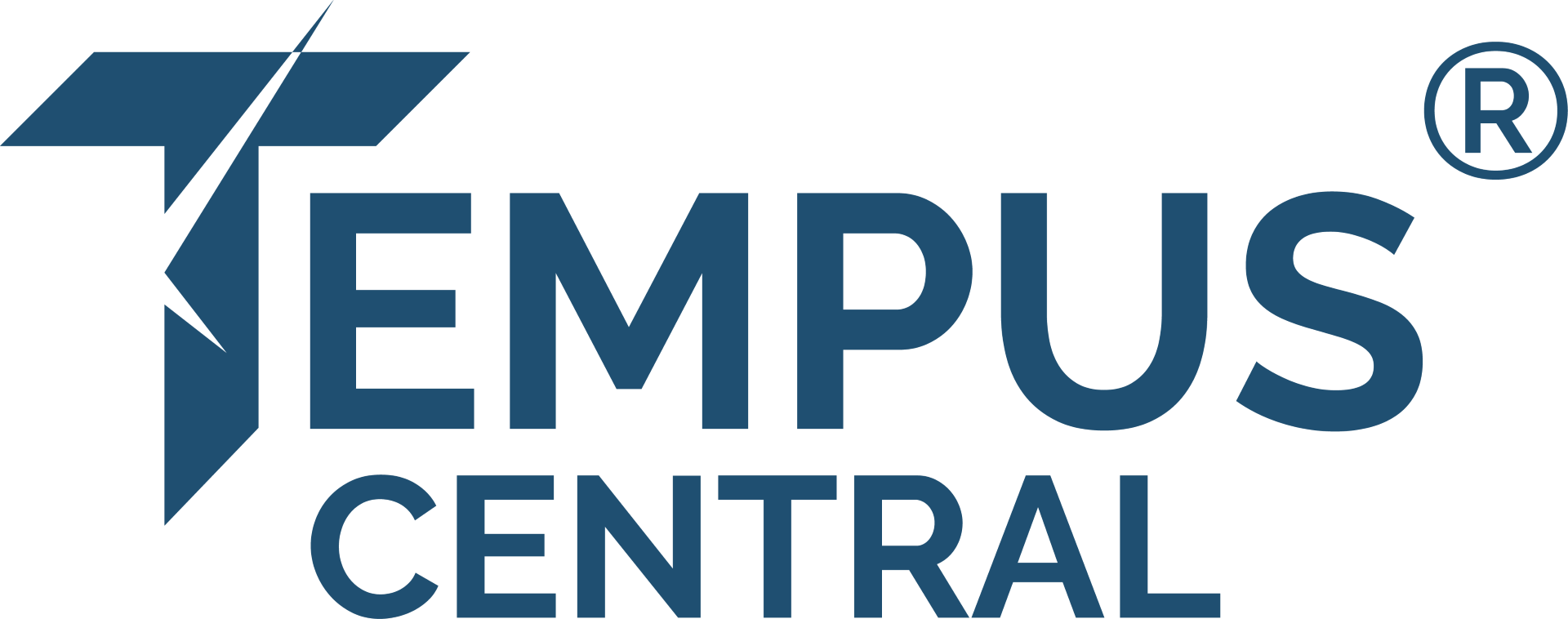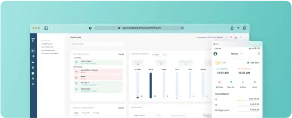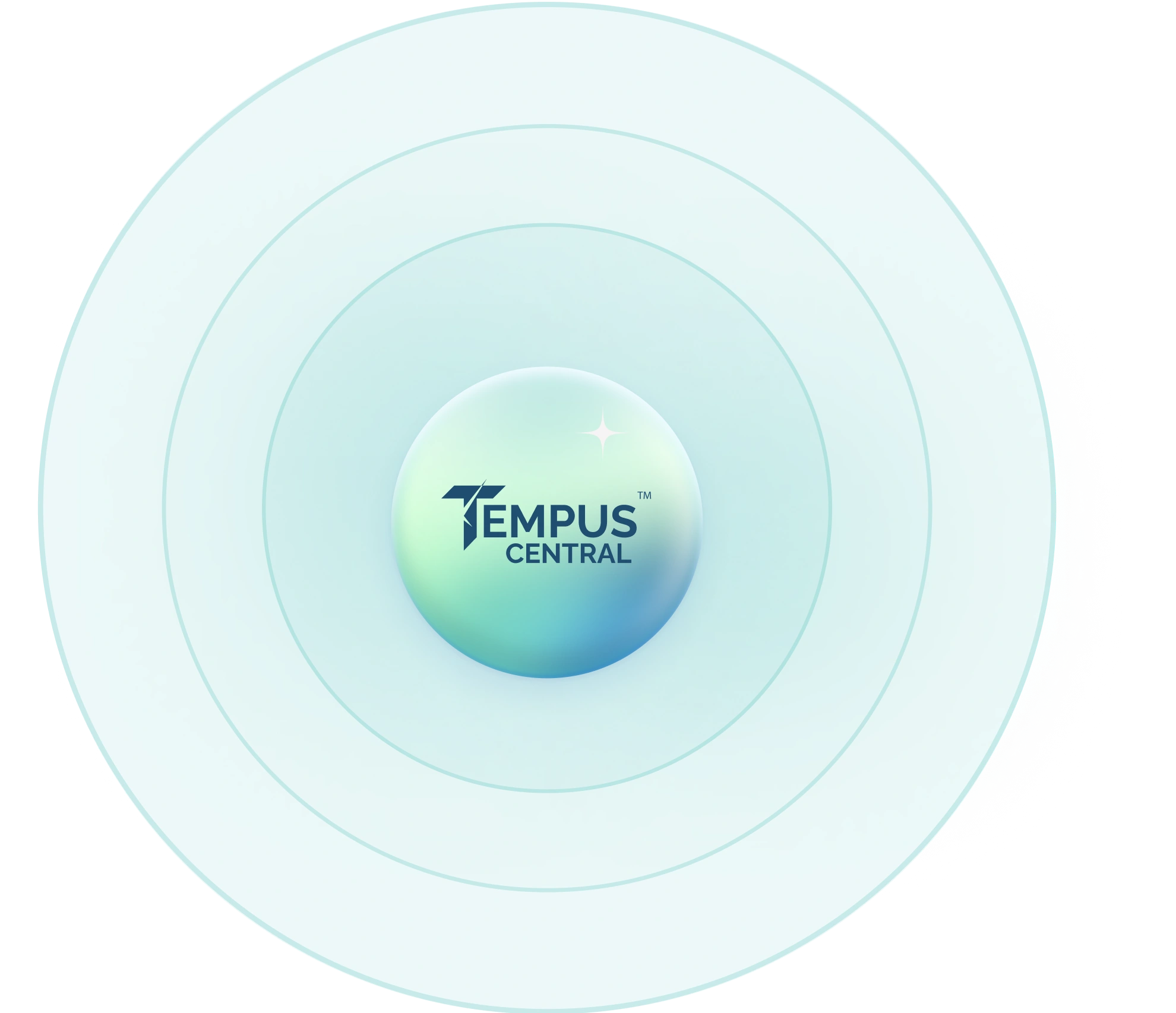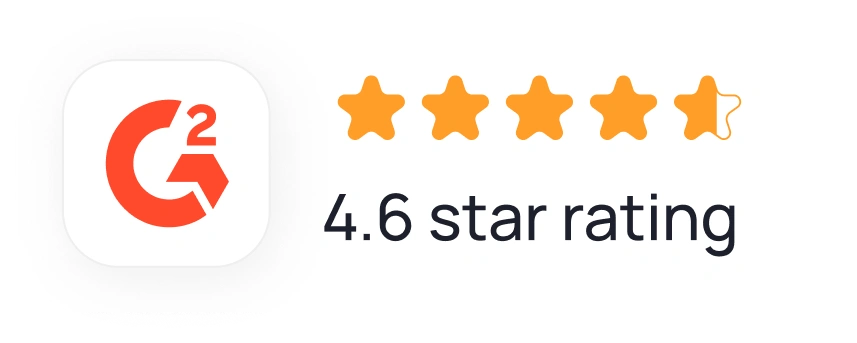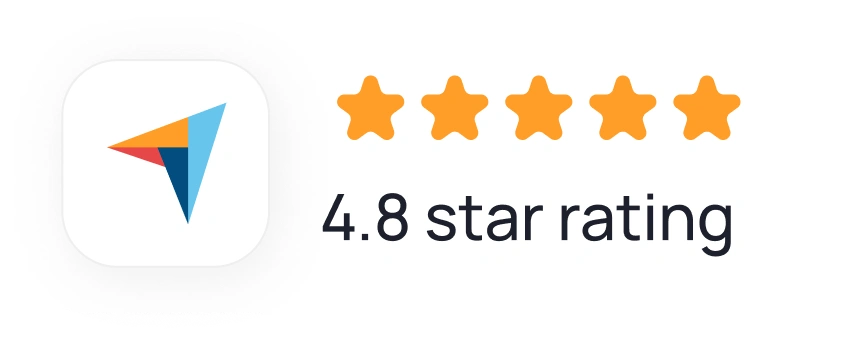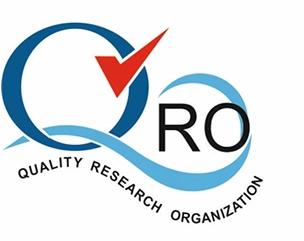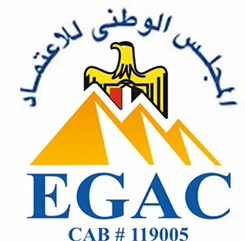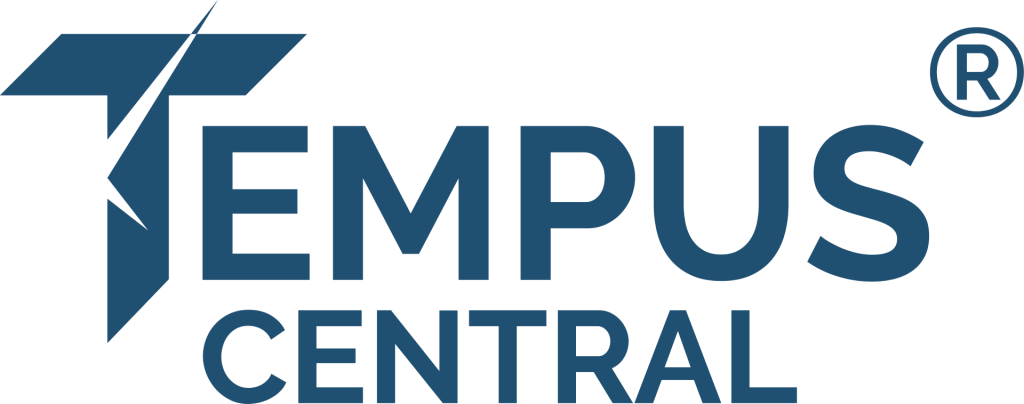
Approvals in Workforce Management Software: Streamlining Decision-Making for Modern Teams
In today’s fast-paced business environment, workforce management software has become a cornerstone for operational efficiency. Among its many features, approval workflows play a critical role in ensuring accountability, transparency, and timely decision-making across organizations.
What Are Approval Workflows?
Approval workflows in workforce management software refer to the structured processes through which requests—such as time-off, shift swaps, overtime, or schedule changes—are submitted, reviewed, and either approved or denied by designated personnel. These workflows are designed to automate and standardize decision-making, reducing manual intervention and minimizing errors.
Why Approvals Matter
- Operational Control: Approvals help managers maintain control over staffing levels, ensuring that changes don’t disrupt business operations.
- Compliance and Accountability: They provide a documented trail of decisions, which is essential for compliance with labor laws and internal policies.
- Employee Satisfaction: Transparent and timely approvals foster trust and improve employee morale, especially when workers feel their requests are handled fairly.
Common Approval Scenarios
- Time-Off Requests: Employees submit vacation or sick leave requests, which are routed to supervisors for review.
- Shift Swaps: Workers can propose shift changes that require mutual agreement and managerial approval.
- Overtime Authorization: Before working extra hours, employees may need approval to ensure budget and labor law compliance.
- Schedule Adjustments: Managers can approve or deny changes to planned schedules based on business needs.
Key Features of Effective Approval Systems
- Customizable Workflows: Tailor approval paths based on roles, departments, or request types.
- Real-Time Notifications: Keep stakeholders informed with alerts and updates throughout the approval process.
- Mobile Accessibility: Enable approvals on-the-go through mobile apps, improving responsiveness.
- Audit Trails: Maintain records of all approvals for transparency and reporting.
- Integration with HR and Payroll: Ensure approved changes are reflected in payroll and HR systems automatically.
Benefits for Organizations
Implementing robust approval workflows can lead to:
- Reduced administrative burden
- Faster decision-making
- Improved compliance
- Enhanced employee engagement
- Better resource planning
Final Thoughts
Approvals in workforce management software such Tempus Central are more than just a checkbox—they’re a strategic tool for aligning workforce operations with organizational goals. As businesses continue to embrace digital transformation, investing in smart, flexible approval systems will be key to staying agile and competitive.
